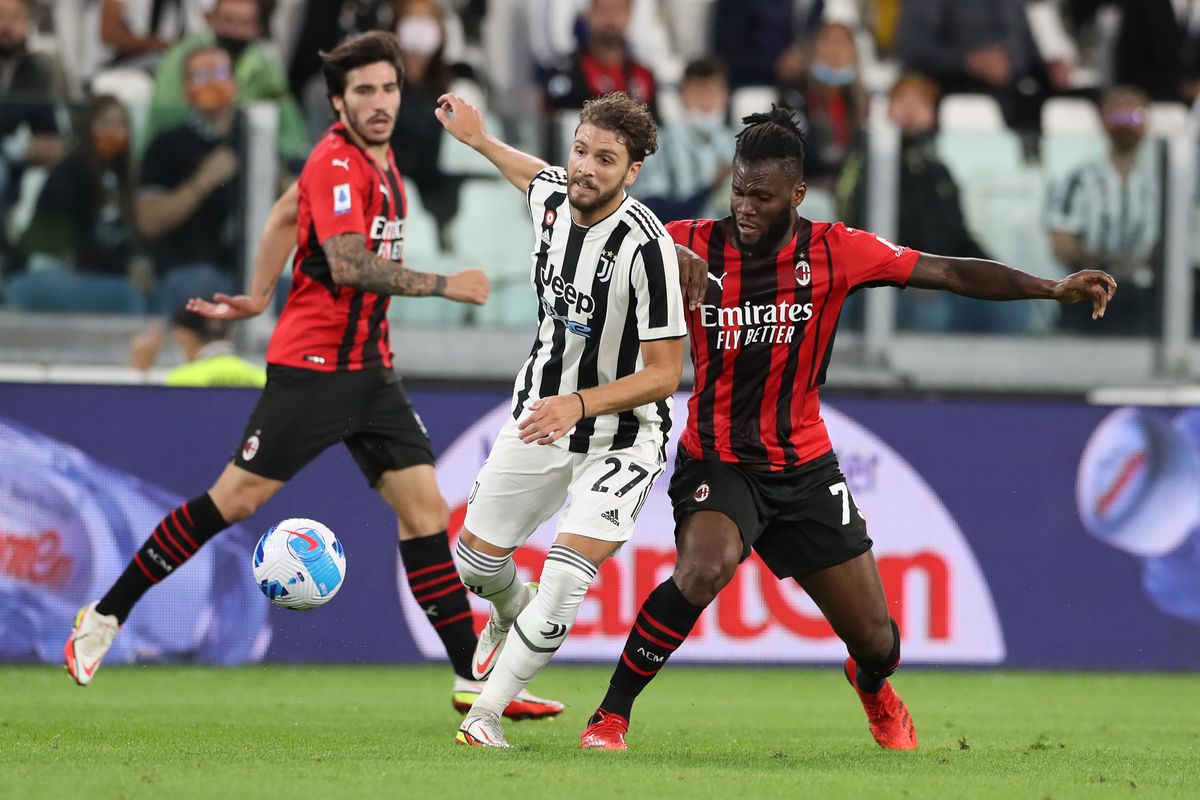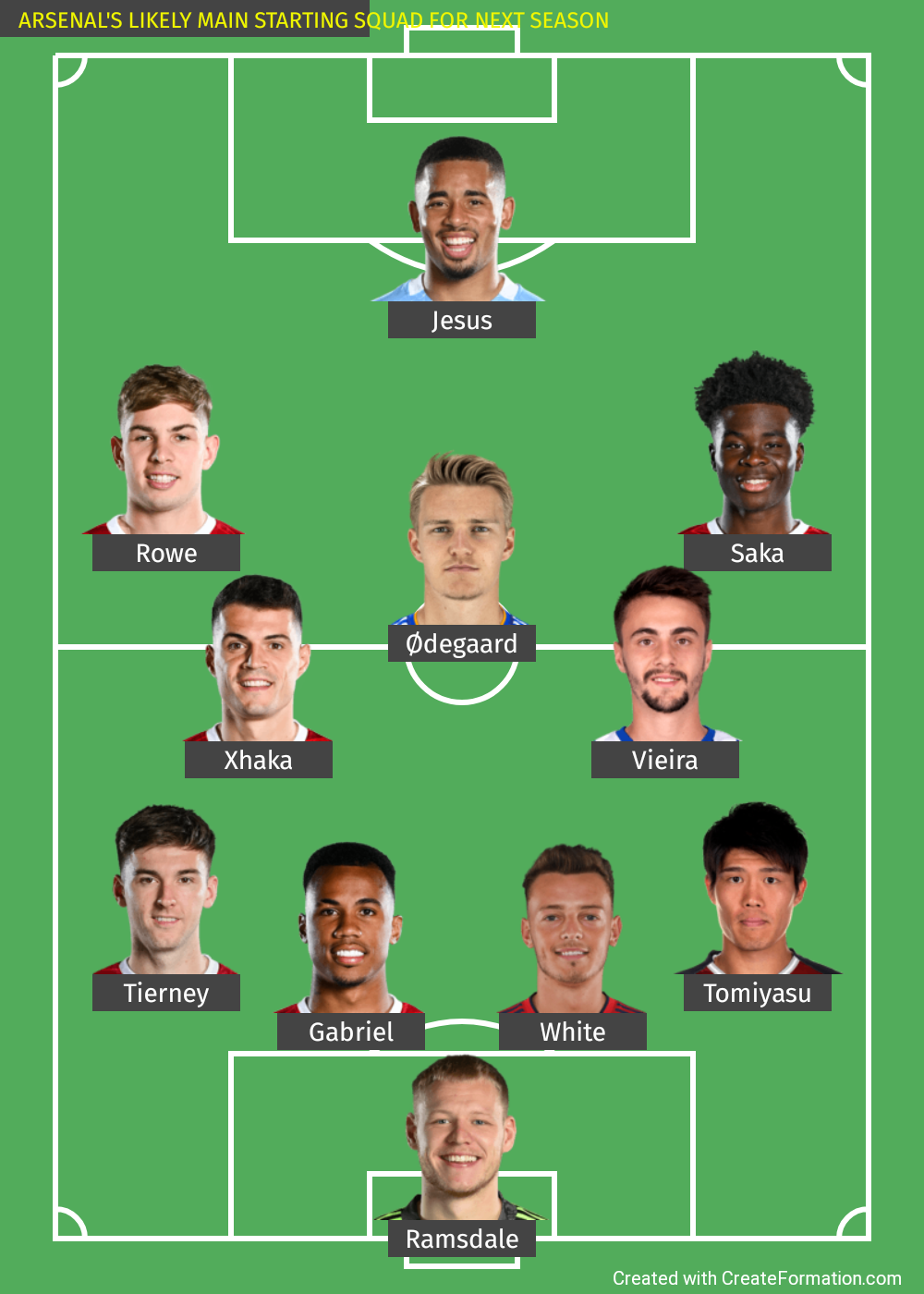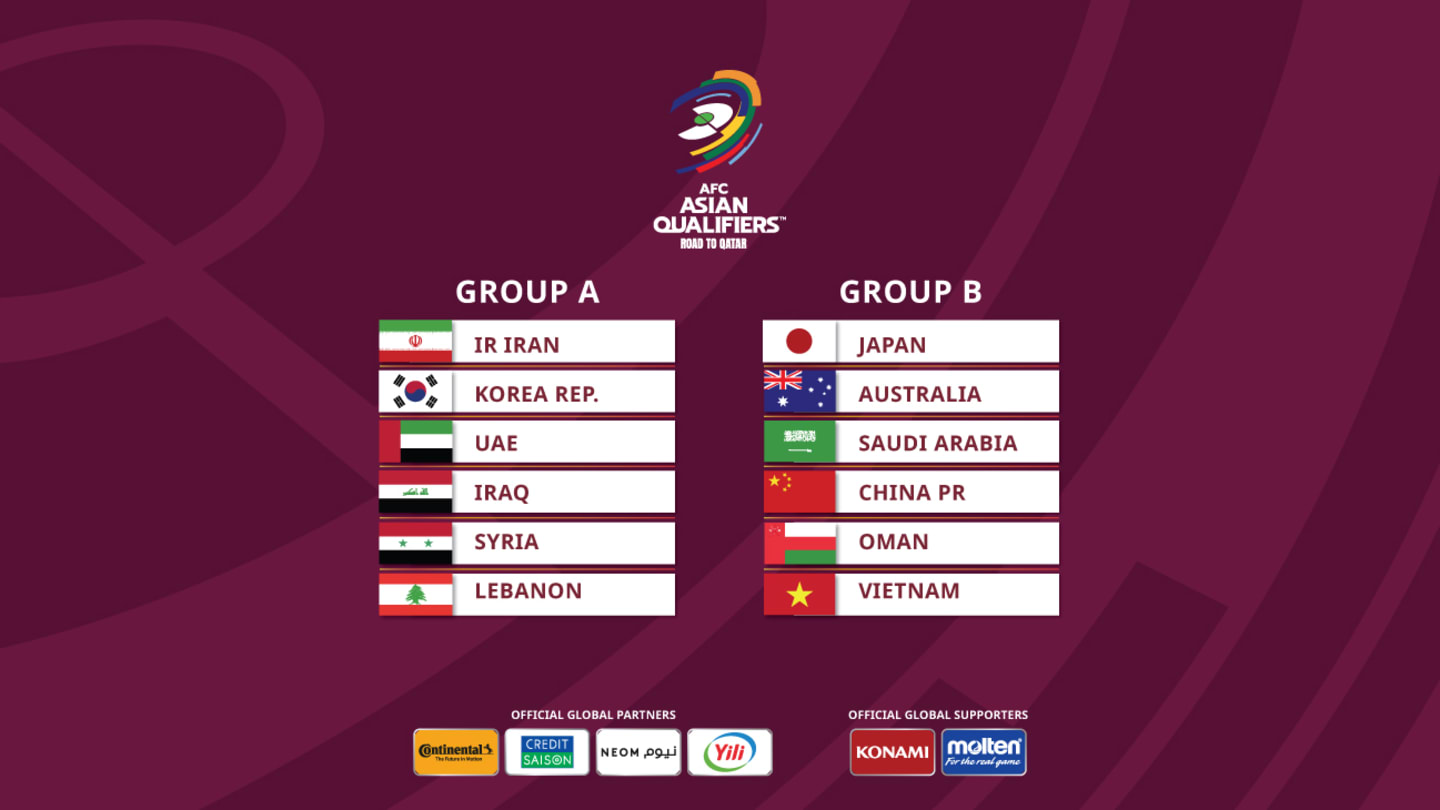
The Grand Stage: Unpacking the UEFA Champions League’s Historical Facts and Stats
The UEFA Champions League, often simply referred to as the UCL, stands as the pinnacle of European club football. A tournament synonymous with glamour, drama, and unparalleled sporting excellence, it brings together the continent’s elite clubs in a battle for ultimate supremacy. From its humble beginnings as the European Champion Clubs’ Cup to its current status as a global phenomenon, the UCL has etched countless moments into the annals of football history, creating legends and breaking records along the way. This article delves into the rich tapestry of the competition, exploring its evolution, its most dominant forces, and the fascinating statistics that define its legacy.
From European Cup to Champions League: A Transformation Story
The genesis of this illustrious tournament dates back to 1955. Conceived by the French sports newspaper L’Équipe, specifically by Gabriel Hanot, Jacques Ferran, and Jacques de Ryswick, the European Champion Clubs’ Cup was envisioned as a continent-wide competition to determine the best club in Europe, a response to the perceived injustice of Wolverhampton Wanderers proclaiming themselves "champions of the world" after a series of friendly victories.
The inaugural season in 1955-56 featured 16 teams, with Real Madrid emerging as the first-ever champions, setting a precedent for their future dominance. For nearly four decades, the competition maintained a straightforward knockout format, open only to the champions of each national league. This era saw the rise of several iconic teams like Benfica, Inter Milan, Ajax, Bayern Munich, and Liverpool, who each carved out their own periods of dominance.
However, the early 1990s brought about a revolutionary change. In 1992, the competition was rebranded as the UEFA Champions League. This transformation was not merely cosmetic; it introduced a group stage format, allowing more clubs from major leagues to participate, and crucially, it opened the door for non-champions from top leagues to qualify. This expansion significantly boosted the tournament’s commercial appeal, viewership, and financial power, transforming it into the global spectacle we know today. The iconic anthem, the starry ball, and the midweek floodlit nights became synonymous with top-tier football.
Dynasties of Dominance: The Clubs That Shaped History
Throughout its nearly 70-year history, certain clubs have established themselves as perennial contenders, building dynasties that transcended generations.
Real Madrid (14 Titles): The Kings of Europe
Undoubtedly, Real Madrid stands head and shoulders above the rest with an astonishing 14 European Cup/Champions League titles. Their dominance began immediately, winning the first five editions from 1956 to 1960 with legendary figures like Alfredo Di Stéfano and Ferenc Puskás. After a period of relative quiet in the 70s, 80s, and early 90s (though still winning in 1966), they re-emerged as a formidable force in the Champions League era. They secured "La Séptima" in 1998, ending a 32-year drought, and famously achieved "La Décima" in 2014, their tenth title. Their most remarkable recent feat was winning three consecutive titles under Zinedine Zidane (2016, 2017, 2018) and a fifth in nine years in 2022, cementing their status as the competition’s ultimate giants.
AC Milan (7 Titles): Italian Elegance and Power
AC Milan, with seven titles, represents Italian football’s strongest presence in the competition. Their golden eras include the late 1980s and early 1990s under Arrigo Sacchi and Fabio Capello, featuring the Dutch trio of Van Basten, Gullit, and Rijkaard, and later the defensive masterclass of Maldini and Baresi. They famously dismantled Barcelona 4-0 in the 1994 final and were involved in one of the most memorable finals of all time, the "Miracle of Istanbul" in 2005, where they lost to Liverpool despite being 3-0 up at halftime, only to exact revenge two years later in Athens.
Bayern Munich (6 Titles): German Efficiency and Resilience
Bayern Munich’s six titles showcase German football’s enduring strength. Their first three titles came consecutively in the mid-1970s with the likes of Franz Beckenbauer and Gerd Müller. They have been consistent contenders in the Champions League era, winning in 2001, 2013, and most recently in 2020, completing a treble in a season disrupted by the pandemic. Their blend of tactical discipline, physical prowess, and world-class talent makes them a constant threat.
Liverpool (6 Titles): The Heart of Merseyside
Liverpool also boasts six titles, a testament to their rich European heritage. Their initial dominance was in the late 1970s and early 1980s, winning four titles in seven seasons. In the Champions League era, they delivered the unforgettable comeback in Istanbul in 2005 and lifted the trophy again in 2019 under Jürgen Klopp, cementing their place as one of England’s most successful European clubs.
Barcelona (5 Titles): The Tiki-Taka Era
Barcelona’s five titles are largely concentrated in the modern Champions League era, especially during their "tiki-taka" golden age. Their first came in 1992, just before the rebrand, but their subsequent four (2006, 2009, 2011, 2015) were achieved with a unique style of play built around possession, intricate passing, and the genius of Lionel Messi. The Pep Guardiola era (2009, 2011) is widely regarded as one of the most dominant periods in modern football history.
Other notable multi-time winners include Ajax (4 titles), Manchester United (3 titles), and Inter Milan (3 titles), each having their moments of glory and distinct contributions to the competition’s narrative.
The Record Books: Unpacking the Statistics
The Champions League is a statistical goldmine, with countless records set and broken by players, managers, and teams.
Most Titles (Clubs):
- Real Madrid: 14
- AC Milan: 7
- Bayern Munich: 6
- Liverpool: 6
- Barcelona: 5
Most Titles (Players):
The legendary Paco Gento of Real Madrid holds the record for the most European Cup titles with 6 (1956-1960, 1966).
In the Champions League era, Cristiano Ronaldo leads with 5 titles (1 with Man Utd, 4 with Real Madrid), followed by numerous players with 4 titles, including Karim Benzema, Dani Carvajal, Luka Modrić, Toni Kroos, and Marcelo (all Real Madrid teammates), and Clarence Seedorf (Ajax, Real Madrid, AC Milan).
Most Titles (Managers):
Carlo Ancelotti holds the record with 4 titles (2 with AC Milan, 2 with Real Madrid).
He is followed by Bob Paisley (Liverpool) and Zinedine Zidane (Real Madrid) with 3 titles each.
Top Goalscorers All-Time (as of end of 2023/24 season):
The rivalry between Cristiano Ronaldo and Lionel Messi has defined an era of goalscoring in the Champions League.
- Cristiano Ronaldo: 140 goals (Manchester United, Real Madrid, Juventus)
- Lionel Messi: 129 goals (Barcelona, Paris Saint-Germain)
- Robert Lewandowski: 94 goals (Borussia Dortmund, Bayern Munich, Barcelona)
- Karim Benzema: 90 goals (Lyon, Real Madrid)
- Raúl: 71 goals (Real Madrid, Schalke 04)
Most Goals in a Single Season:
Cristiano Ronaldo holds this record with 17 goals in the 2013-14 season for Real Madrid. He also holds the second (16 goals in 2015-16) and joint-third (15 goals in 2017-18) highest tallies.
Robert Lewandowski scored 15 goals in Bayern Munich’s victorious 2019-20 campaign.
Most Appearances (as of end of 2023/24 season):
Longevity and consistent elite performance are key here.
- Cristiano Ronaldo: 183 appearances
- Iker Casillas: 177 appearances
- Lionel Messi: 163 appearances
- Karim Benzema: 152 appearances
- Toni Kroos: 151 appearances
Fastest Goals:
- Roy Makaay (Bayern Munich) scored the fastest goal in just 10.12 seconds against Real Madrid in 2007.
Fastest Hat-tricks:
- Bafétimbi Gomis (Lyon) scored a hat-trick in 8 minutes against Dinamo Zagreb in 2011.
- Mohamed Salah (Liverpool) holds the record for the fastest hat-trick from kick-off, scoring three goals in 6 minutes and 12 seconds against Rangers in 2022.
Finals Records:
- Most Final Appearances: Real Madrid (18)
- Highest Scoring Final: Real Madrid 7-3 Eintracht Frankfurt (1960)
- Biggest Winning Margin in a Final: Bayern Munich 4-0 Atlético Madrid (1974 replay); AC Milan 4-0 Barcelona (1994)
- Only one club has won the final and lost it in consecutive years twice: AC Milan (won 2003, lost 2005; won 2007, lost 2005).
Country Dominance:
Spain leads the way with 19 titles (Real Madrid 14, Barcelona 5), followed by England with 15 titles (Liverpool 6, Manchester United 3, Chelsea 2, Nottingham Forest 2, Aston Villa 1, Manchester City 1), and Italy with 12 titles (AC Milan 7, Inter Milan 3, Juventus 2).
Iconic Moments and Enduring Legacy
Beyond the raw numbers, the Champions League is defined by its moments of sheer drama and brilliance. From the "Miracle of Istanbul" where Liverpool overturned a 3-0 deficit to beat AC Milan on penalties in 2005, to Manchester United’s last-gasp comeback against Bayern Munich in 1999, these narratives transcend football. Zidane’s volley in the 2002 final, Ronaldinho’s magic at Stamford Bridge, Messi’s dribbles against Real Madrid, and Cristiano Ronaldo’s overhead kick against Juventus are etched into the collective memory of fans.
The competition has become more than just a football tournament; it’s a cultural phenomenon. It has propelled players to global superstardom, shaped the financial landscape of European football, and provided a platform for tactical innovation and breathtaking skill. The Champions League anthem, heard before every match, evokes a sense of grandeur and anticipation, signaling that something truly special is about to unfold.
Conclusion
The UEFA Champions League, with its rich history, astonishing statistics, and unforgettable moments, continues to captify audiences worldwide. It is a crucible where legends are forged, where dreams are realized and shattered, and where the beautiful game reaches its zenith. From the pioneering spirit of the European Cup to the global spectacle of today’s Champions League, its evolution mirrors the growth of football itself. As new generations of players emerge and new chapters are written, one thing remains constant: the pursuit of that coveted trophy, the ultimate symbol of club football supremacy in Europe. The statistics merely quantify the brilliance; the memories are what truly make it legendary.



